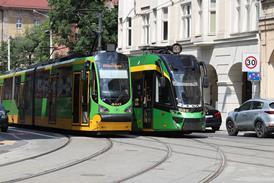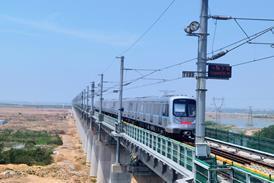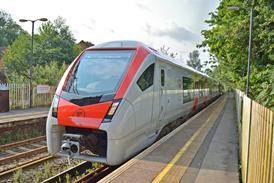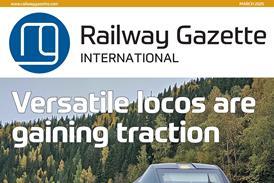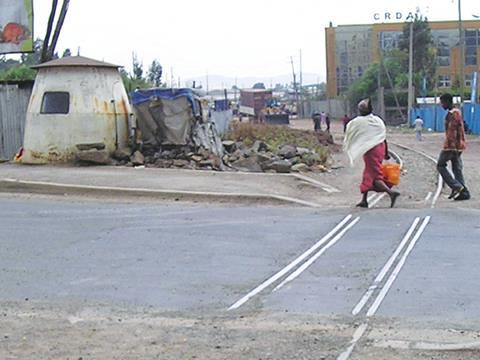
ETHIOPIA: Dr Getachew Betru is a man with a vision. As Director of the Ethiopian Railway Corp, he has been charged by the country’s government with planning and developing a 5 000 km standard-gauge rail network over the next seven years.
Through his business at GBA Consultancy, Dr Betru has long been campaigning to improve Ethiopia’s railways, as we reported five years ago (RG 3.04 p126). Whilst there is still not much evidence on the ground, his efforts did result in the appointment in May 2007 of a technical advisory group to prepare ‘an indicative framework on national railway development’.
This in turn led to establishment of ERC in November 2007 as a subsidiary of the Ministry of Transport & Communications. With a paid-up capital of US$750m, ERC was given the remit to design and build both a national railway and an urban light rail network in Addis Abeba.
The national network is intended to support Ethiopia’s agricultural sector, handling export grain and livestock as well as providing ‘high speed, high capacity, competitive and affordable’ transport for passengers. The railway would be electrified throughout and powered from hydroelectric resources - the indefatigable Dr Betru is also a board member at the Ethiopian Electric Power Corp.
With limited resources and expertise of its own, ERC is dependent on external assistance, so it is not surprising to hear that a steady stream of consultants and contractors has been knocking on Dr Betru’s door. Amongst the latest to express interest is India’s Overseas Investment Alliance, which has been supplying electrical transmission and distribution systems to EEPCo under a 2006 agreement worth US$65m. OIA also signed an agreement in May with the government of Djibouti to undertake feasibility studies for a standard-gauge link into the region’s main port.
Meanwhile, work is underway to revitalise the 781 km metre-gauge Djibouti-Ethiopian Railway. Services on the western end of the route to Addis Abeba have been suspended, so that Costa of Italy and Ineco-SPT of Spain can press on with an 18-month infrastructure renewal programme funded by a €50m grant from the European Union. According to CDE General Manager, To’om Terie, this should allow the line to carry around 10 trains per day.
Work is currently in progress around Metahara, where embankments are being strengthened and new bridges built. Around 25 000 concrete sleepers are being laid to replace steel, and the remaining 20 kg/m rail is being replaced by 40 kg/m on about a third of the route. However, the project is reportedly running three months behind schedule after claims that some of the track alignments had been miscalculated.
But the urgency of the upgrading has been emphasised by a string of derailments between Dire Dawa and Djibouti, where the trains are still operating, carrying fruit and vegetables, coffee and livestock for export and returning with construction materials. At the end of July a Djibouti-bound freight train carrying 1 000 tonnes of export coffee and livestock left the rails, killing 13 nomads who were apparently riding for free and injuring a further 20 people including the train crew.

